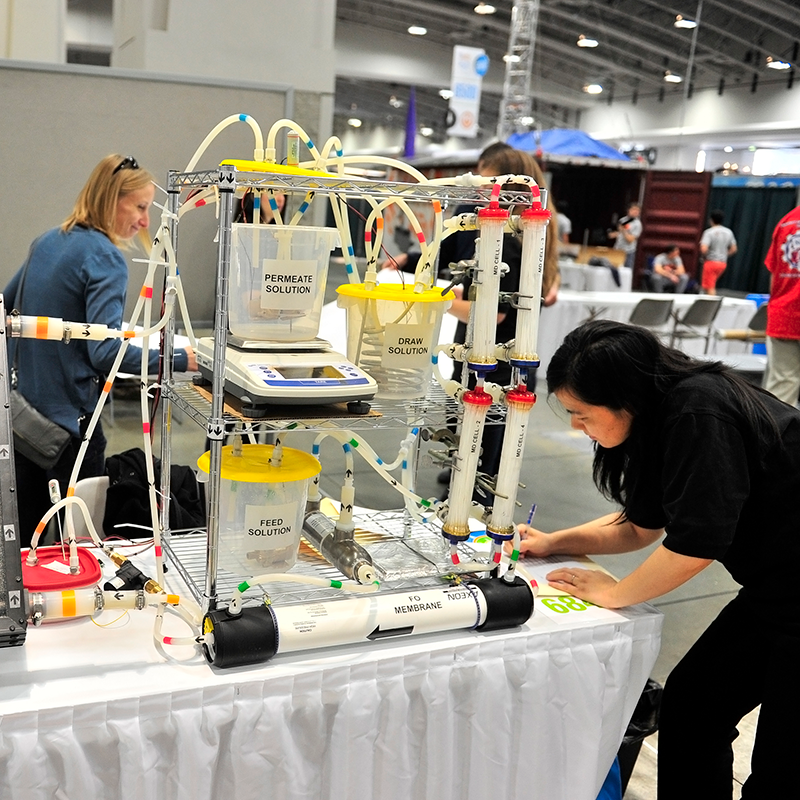Mubarak Babalola (advisor: Dr. Hosan K. Fathy)
“Optimum Energy Control for a Building”
Emily Brownfield: (advisors: Amie Eder and Abel Benitez-Picos)
“Analysis of NX Versus CREO Simulate for Point-Load Stress Simulation”
Rishi Parikh: (advisors: Mohamed Khalid M Jaffar and Dr. Michael Otte)
“Visualizing the Movement and Expanding the Capabilities of a Crazyflie Quadcopter”
Jacob Rose (advisors: Bailey Michelle Ann Felix and Dr. Ryan Sochol)
“Micro-Manufacturing Strategies for Multi-lumen Tubing Extrusion”
Ian Rosenthal (advisor: Dr. Ryan Sochol)
“Direct Laser Writing Based Triangular-Walled Retinal Phantoms for Adaptive Optics Ophthalmic Imaging
Systems”
Jessica Strongin: (advisor: Dr. Timothy Koeth)
“Measuring Charge Dissipation from Charge Loaded Dielectrics”
Radu Teodorescu (advisor: Dr. Inderjit Chopra)
“Design and Testing of a Novel Composite Compound Helicopter Pusher Propeller”
Kathryn Whitehead: (advisor: Dr. Li-Qun Zhang)
“Development of a Multi-DOF Device for Wrist and Hand Rehabilitation Post Stroke”
